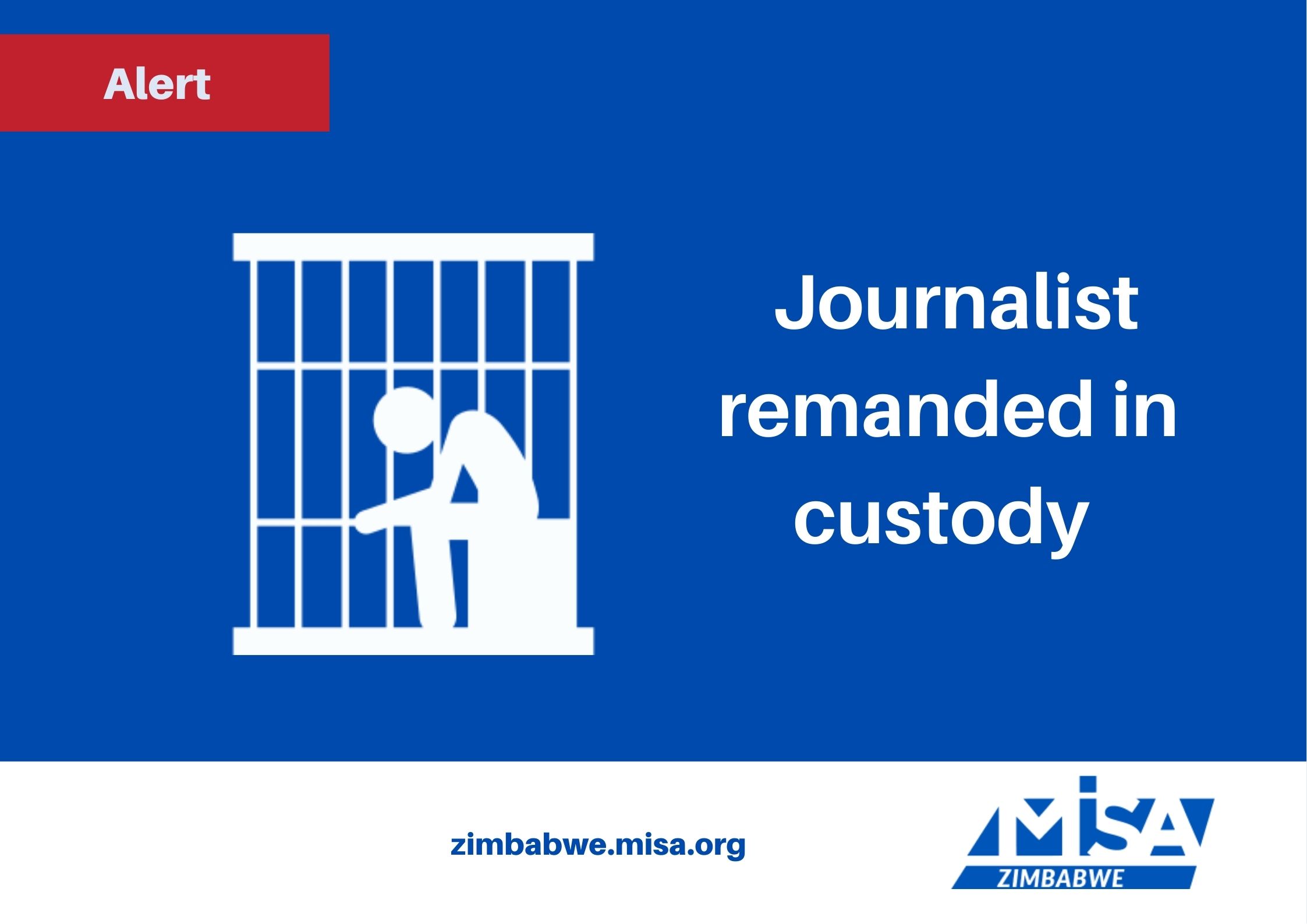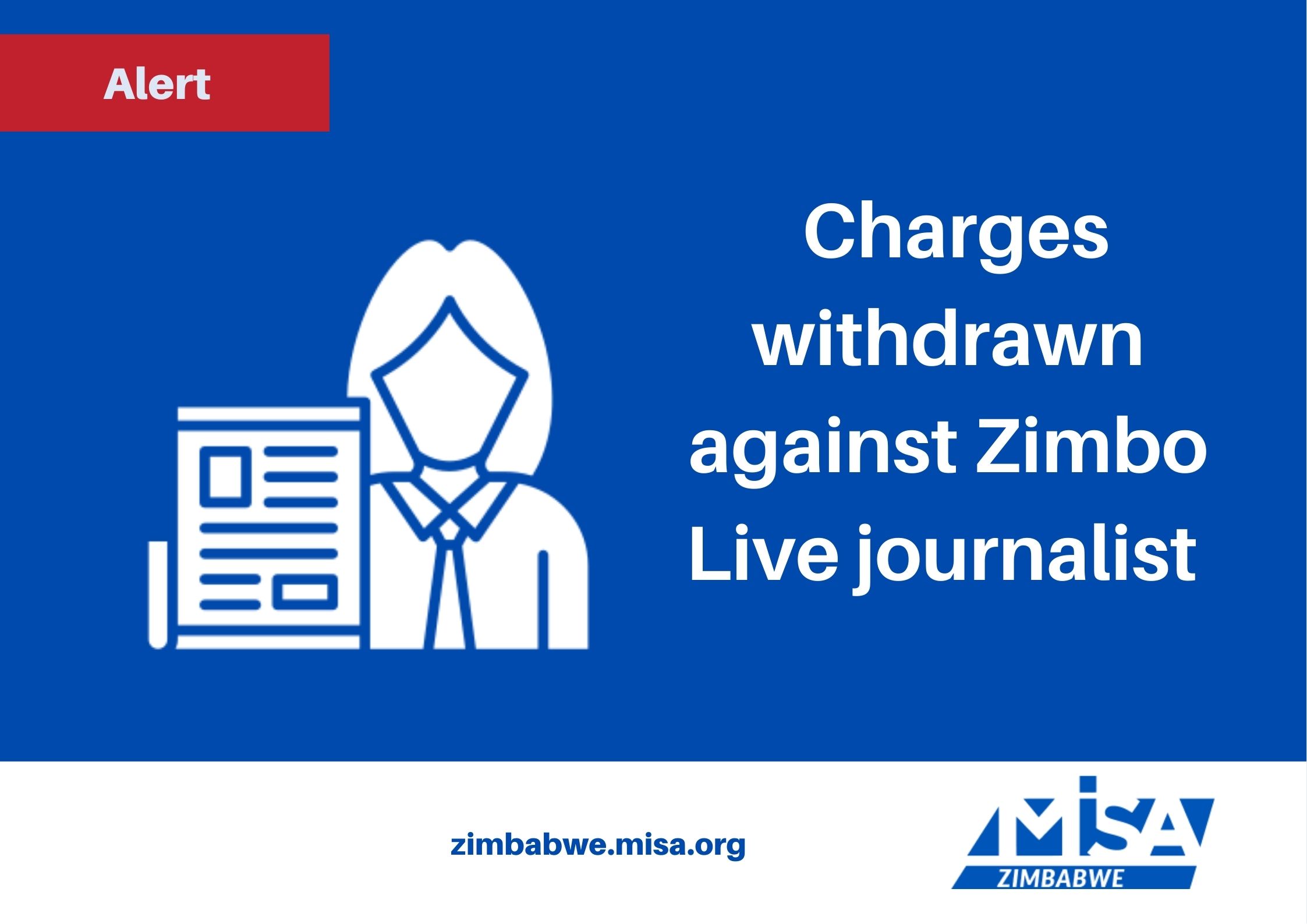On the occasion of World Press Freedom Day 2017, the Media Institute of Southern Africa (MISA), pays tribute to both the Government of Swaziland and the African Union Special Rapporteur on Freedom of Expression and Access to Information, Pansy Tlakula for their interaction last year on issues of media freedom, access to information and freedom of expression.
The subsequent and noticeable thawing of relations was welcomed by the media sector as was the commitment made by the Swazi Government to ensure compliance with regional and international human rights instruments. There is no doubt that commitment to a cause and diplomacy as shown by Special Rapporteur Tlakula have a way of paying off in the end.
Considering the fact that Namibia gave birth to one of the most crucial documents that established the principles around media freedom, it was heartening to note that Namibian President Hage Geingob reinforced the upholding of these principles when he said: “we struggled for a free press, free movement and free speech, and we will be heartless to say that we are going to control the press.”
The Parliament of Malawi also has to be congratulated for finally passing the Access to Information Act on an issue that MISA Malawi consistently pushed for over a decade.
This year, World Press Freedom Day is celebrated with some apprehension as the media is pushed to redefine itself and its role in a society fascinated and mesmerised by speedy, instant and captivatingly packaged information that is far removed from the traditional interpretation of journalism. Thrown into this mix is the dissemination of unverified information that is not easy to define as fake news.
While media houses deal with the disruption from technology and use the opportunity to rebrand and redefine themselves, they are also having to contend with issues of sustainability as they grapple with an unfavourable economic climate that is pushing costs up while diminishing opportunities for revenue.
The media whose role it is to empower citizens, is itself being disempowered by poor working conditions, unfair labour practices and low salaries pitted against increasing workloads. Its role as the media watchdog is being compromised by unethical practices in the form of indiscriminate and widespread acceptance of freebies – in the form of meal and transport allowances. Since corruption in the public sector is rife and often involves government officials, the bribes are bigger and more appealing, especially when set against the depressed salaries in the media sector.
We remain apprehensive about media legislation sweeping across the continent – namely Zimbabwe, Angola, Tanzania, Botswana, under the guise of protecting citizens from cybercrime and reinforcing their rights to privacy while the actual intent is to introduce more stringent monitoring of the internet and control over content posted on social media platforms.
The mistaken impression is that this will affect only the media but the impact of this type of control will have a negative effect on all citizens as it will curtail their freedom of expression rights.
See MISA’s detailed assessment of the state of media freedom in Southern Africa here. A regional overview and individual country chapters for Angola, Botswana, Lesotho, Malawi, Mozambique, Namibia, South Africa, Swaziland, Tanzania and Zimbabwe are also available for download.
/Ends
Enquiries:
Luckson Chipare
Chairperson
Media Institute of Southern Africa (MISA)
Email: info@misa.org
www.misa.org
www.africanplatform.org
www.whk25.misa.org
INFORMATION FOR EDITORS:
MISA is a non-governmental organisation with members in 11 of the Southern Africa Development Community (SADC) countries. Officially launched in September 1992, MISA focuses primarily on the need to promote free, independent and pluralistic media, as envisaged in the 1991 Windhoek Declaration. MISA seeks ways in which to promote the free flow of information and co-operation between media workers, as a principal means of nurturing democracy and human rights in Africa.













